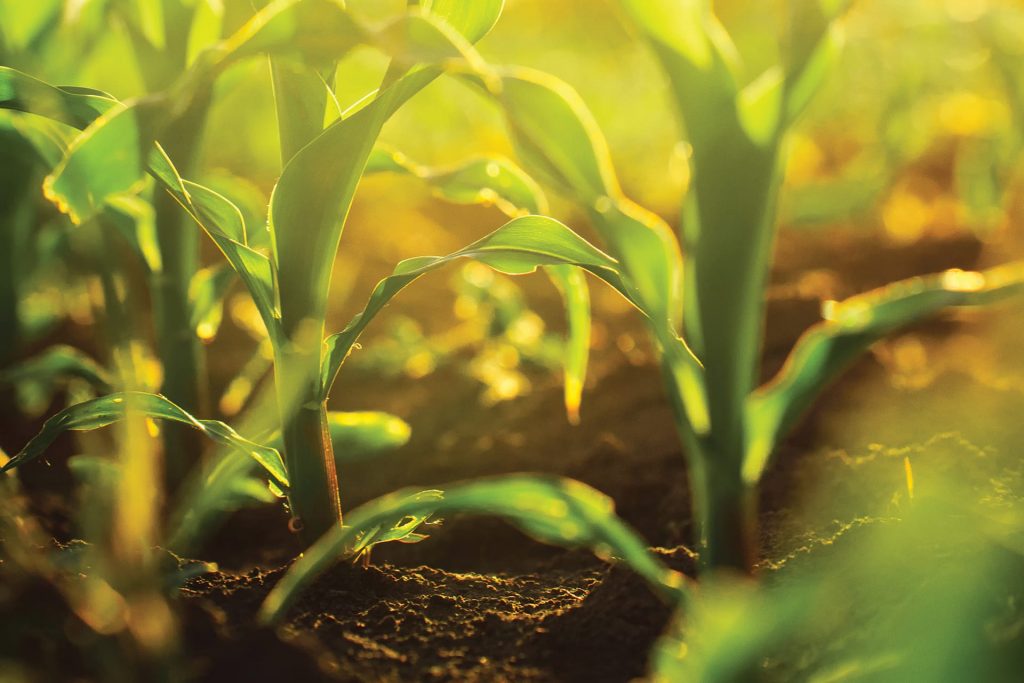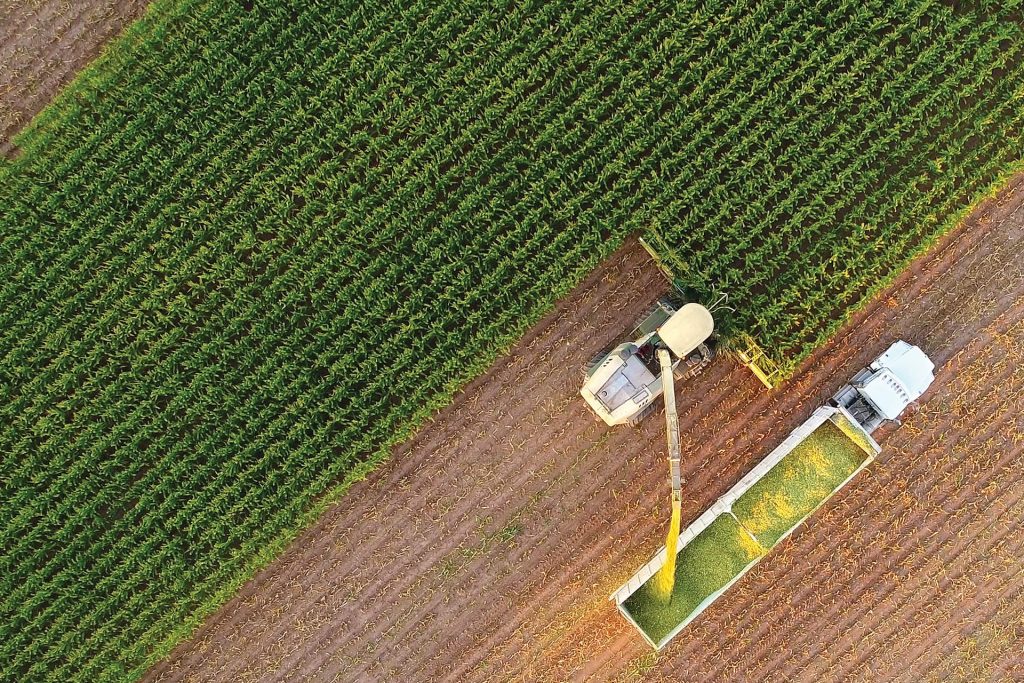What Is Fertilizer?
Fertilizers are food for plants. Fertilizer helps farmers feed our growing population.
Overview
Plants require 17 essential nutrients in the soil to survive and to grow. Fertilizers help replenish these nutrients after each harvest.
Nitrogen, phosphate, potassium and sulphur, are the four most important nutrients for high crop yields and sustainable food production:
Nitrogen (N) makes up about 78 percent of the air we breathe. It is inert and insoluble in this form meaning plants can not use it.
Nitrogen (N) makes up about 78 percent of the air we breathe. It is inert and insoluble in this form meaning plants can not use it. To manufacture nitrogen fertilizer, it must be removed from the air and combined with hydrogen to make ammonia. Ammonia is used in two ways: it is applied directly to crops as a nitrogen fertilizer, or it is used as a building block to make other nitrogen fertilizer products. Different nitrogen products have different properties and levels of nitrogen that can be used in various climates and cropping patterns found around the world.
Phosphorus (P) is present in all living cells and is essential to all forms of life.
Phosphorus (P) is present in all living cells and is essential to all forms of life. Found throughout our bodies, it is concentrated in our teeth and bones. The source of phosphorus in fertilizer is phosphate rock, which is typically mined from the earth’s crust then reacted with different kinds of acids to produce different phosphate products. The largest deposits occur in the United States, North Africa, and China.
Potassium (K) is also found throughout nature and is found in our bodies in muscles, skin, and the digestive tract.
Potassium (K) is also found throughout nature and is found in our bodies in muscles, skin, and the digestive tract. Good health requires sufficient intake of potassium, and plants get it from potash fertilizers. Plants use potassium for functions like photosynthesis, protein formation, and water use. Potassium, or potash, is mined from naturally occurring ore bodies that were formed as seawater evaporated. The deposits are a mixture of crystals of potassium chloride and sodium chloride, also known as table salt. After it is mined, the potassium chloride is separated from the mixture and results in a granular fertilizer. Most of the world’s potash deposits are found in Canada, Russia, Belarus, Germany, and the United States.
Sulphur (S) is essential for the production of amino acids, which are the building blocks of proteins found in all living things.
Sulphur (S) is essential for the production of amino acids, which are the building blocks of proteins found in all living things. Sulphur also helps give crops like onion, mustard and radishes their characteristic colour. While it can be found naturally in the soil, it is not always in a form plants can use.
How Fertilizers Work
Fertilizers are food for plants. Just as we need an adequate and consistent diet to grow and stay healthy, plants and crops have to get proper nutrition from the soil to thrive.
Plants require a balanced supply of nitrogen, phosphorus, potassium, and sulphur. As plants extract these nutrients from the soil during every growing season, they must be replenished through fertilizers, manure, and compost added to fields or gardens annually.


The advantage of using fertilizers is they can be applied with more control to match crop needs and protect the environment. They can also supplement manure or compost to ensure the soil gets an adequate supply of nutrients. Fertilizer Canada emphasizes the importance of managing and balancing the supply of nutrients to prevent both over and under fertilization.
Why the Fertilizer Industry Matters to Canada
Fertilizers are a key ingredient used by farmers in the production of our food. The companies that make fertilizers are a major part of the Canadian manufacturing sector, and play an important role in the Canadian economy. The industry actively promotes responsible use of its products and supports efforts to maintain environmental stewardship.

